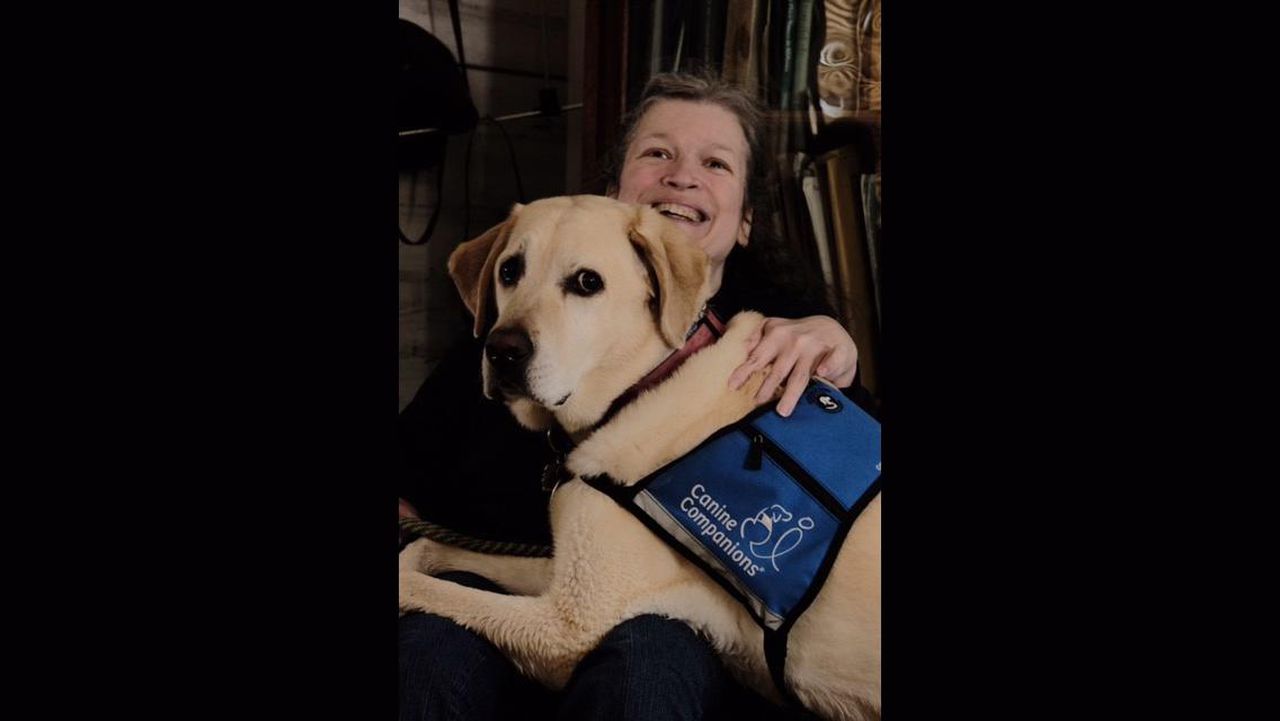Beth Thames: Molly Felder knows what her superpower would be
This is an opinion column
Molly Felder grew up reading books in her Madison home, but none of them had characters who were like her: a child with CP—cerebral palsy—who couldn’t walk and eventually used a wheelchair to get around.
When she left her home in Alabama to attend New York University’s Gallatin School for her B.A. and M.A. degrees, there was a brief time when she was able to use crutches and get out of her chair. She still remembers that heady feeling of walking, but it didn’t last long.
An injury made her a full-time wheelchair user and she navigated the busy streets of New York on wheels. After taking courses in writing children’s stories, she majored in Creative Writing, came back home, and published her first book. It was about a boy named Henry and his day at school. Henry uses forearm crutches and plays with his best friend even after he falls down once and is made fun of. Henry is resilient.
Felder wanted her readers to see that “Henry the Boy” was a regular kid who happened to have a disability. Her publisher, Penny Candy, wanted that, too, so the illustrators depicted a child with friends and self-confidence and a happy home life. Henry was one of the first major characters to use crutches in the mainstream press since 1981.
Felder’s new publisher, Capstone, found her through her website and asked if she could write four more books, this time graphic novels, featuring a twelve year old boy, Drew Daniels, who uses a wheelchair. He happens to be a superhero with super powers, and he uses those powers to fight for justice, the way all superheroes do.
His sidekicks are a boy named Mikey and a girl named Max. They discover what it means to befriend a superhero. Drew, also known as “The Fantastic Freewheeler,” can learn all about something with a single touch. He can know what a person is feeling. He can absorb all the information in a book in an instant. Understanding comes to him through his fingers. It’s a powerful gift.
Of the three friends, Drew is the only character who uses a wheelchair, and Felder uses her hero to explain that CP sends “mixed up” signals to his brain so he can’t walk. He also tells Max that it’s all right to ask questions about his disability and not to feel awkward.
Drew represents a huge number of children. Felder says there are half a million people under age 18 who are living with CP. Most use mobility aids of some kind. “The mobility aids don’t exclude you,” Felder says. “They make it possible for you to do things.”
Felder’s Canine Companion, Patterson, has made it possible for her to do things, too. Now almost ten years old, Patterson picks up anything she drops, brings her water bottles from the refrigerator, and helps her shop for groceries. He’s also been by her side as she taught English to Chinese school children via zoom, no matter what time of day or night.
As he ages, he will retire, and Felder will get a successor service dog. Both she and Patterson will teach him important commands, Felder says, and both will live together, the retired dog resting and the successor dog learning how to serve.
Felder is delighted to have written the books for Capstone, the leading national education publisher. “Books for children should be mirrors and windows,” she says. “It’s an honor and a responsibility to write books that reflect a child’s experience or offer a window into someone else’s.”
All four books in the Fantastic Freewheeler series will be out August 1 and can be preordered on Amazon, Barnes and Noble, and Bookshop.org. When Felder wonders what her superpower would be, the answer is easy: She’d be able to touch Patterson and know what he’s thinking as they go through their days together.
Beth Thames can be reached at [email protected]
